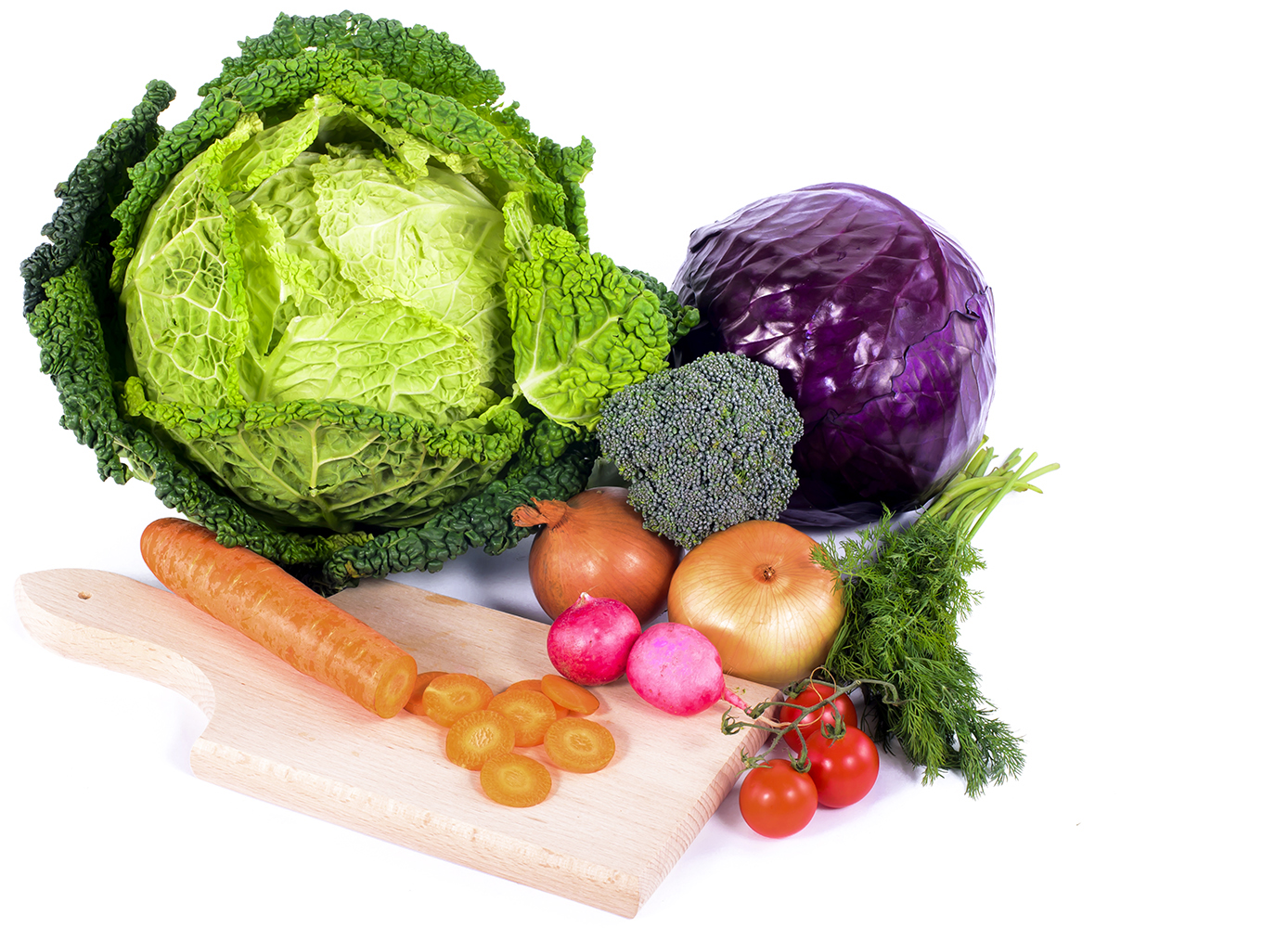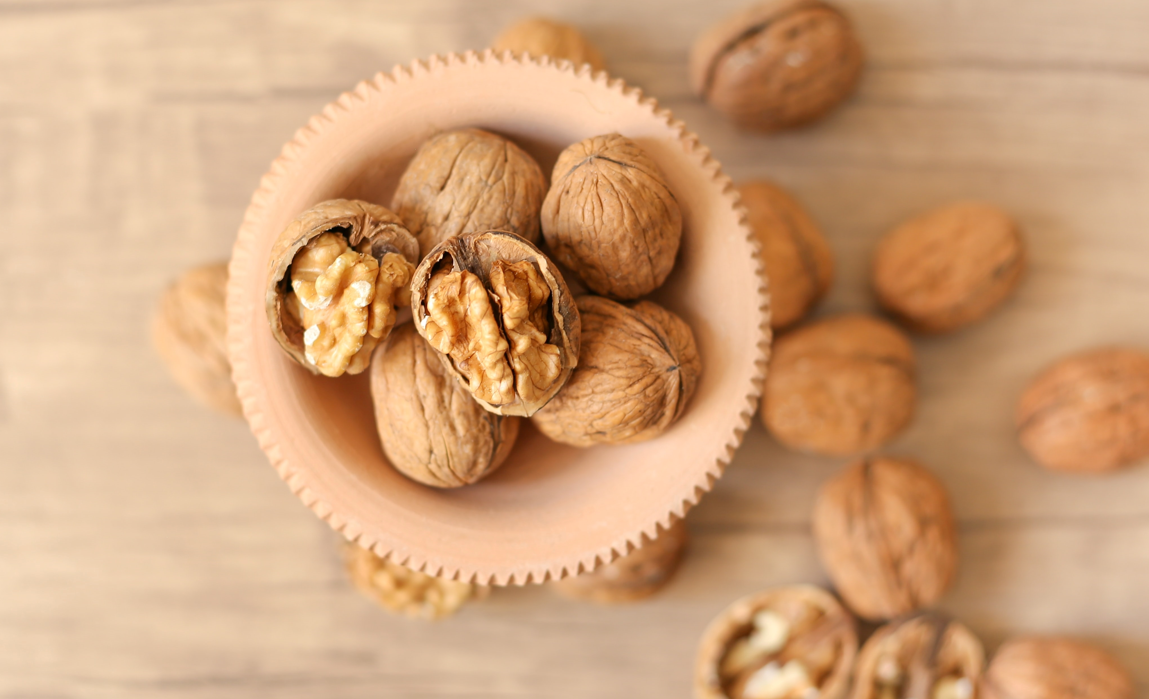It seems that 2018 is going to be the year of the plant-based diet.
By Katrina Caruso
The next hot thing in food? Plants. The biggest food trend of 2018 will be a plant-based diet, according to Baum+Whiteman, an international food and restaurant cunsulting firm. While the company’s forecast includes statistics for the United States, the trend is likely to reach Canadian restaurants and grocery stores.
Although only 6% of Americans are vegetarian (1% are vegan), 31% of Americans already observe one meatless day a week, according to a survey by the market research company Mintel. More and more, meat eaters are open to plant-based options such as soy burgers, alternative milks (almond, soy, rice, coconut, to name a few), and vegan cheeses. From 2012 to 2016, there was a 25% increase in vegetarian options purchased by consumers at grocery stores and a 257% increase in vegan options.
According to statistics cited in Baum+Whiteman’s annual “hospitality predications,” the majority of Americans—83%—add plant-based products to their meals for nutrition and health reasons, while 62% do so in order to manage their weight. While these behaviours are recommended, it’s a good idea to consider what kinds of plant-based foods to add. A study published in PLOS Medicine, which surveyed more than 130,000 American adults, found that an increase in plant-based foods led to weight loss over a four-year period. But researchers also found that not all veggies are equal: cauliflower beat out peppers, leafy greens, and carrots for average weight loss, while corn, peas, and potatoes led to weight gain.
Consumers are also interested in focusing on improving gut health, reducing inflammation, and boosting brain functions. As a result, Baum+Whitman also forecasts a boom in sales of products containing omega 3 fats, probiotics (vinegars, kombucha), fungi, ginger, and traditional medicinal spices such as turmeric. It’s also likely that folks will continue to consume less sugar, which has been linked to inflammation. Indeed, sparkling water sales, according to Nielsen, nearly doubled over the last four years.
The report cited Gen Xers, Millenials, and Gen Zers as the major supporters of plant-based diets. These generations are also the most concerned with sustainability as well as socially conscious and responsible products, according to Baum+Whiteman.
Photo: iStock/Martinns.






